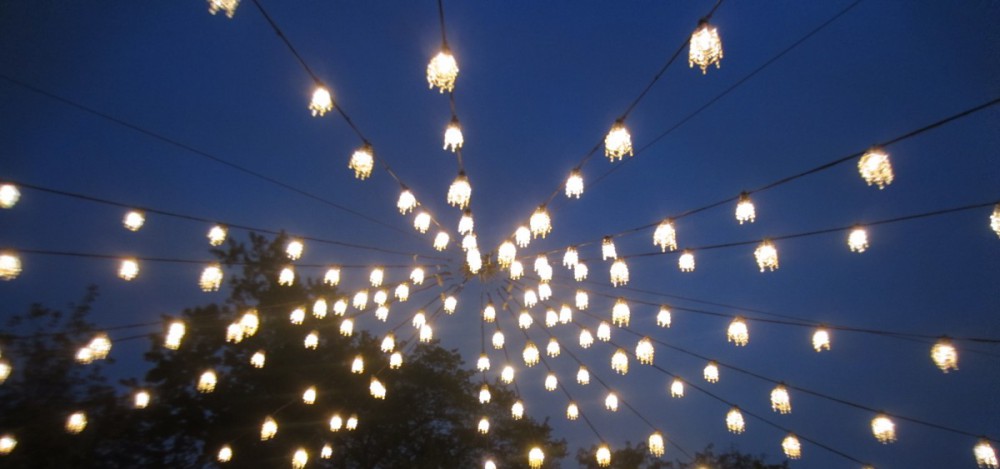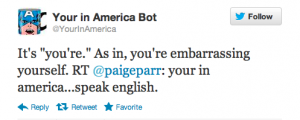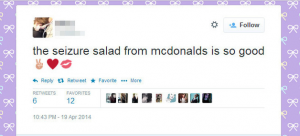When we think of “culture” today we don’t always think of our ethnic backgrounds or upbringing we think of the fast moving tech savvy world in which we live. Social culture today is predominantly online, our news, weather, banking and even most of our interactions with others are all via a screen of some sort. While in some aspects this is highly praised for its efficiency and speed others question its reliability. Even in the texts we read about Wikipedia one of the main detriments to the site was the fact that so many hands could alter a post making it hard to tell fact from fallacy.
Aside from online accuracy what else has a social media culture done to our values and basic language skills? In chapters 8 and 10 of the Jones and Hafner text they talk about the implications that social media has on our ability to properly communicate. I think about that as i type this and try and count how many times i have had to go back and fix a post on this site because i’ve typed it short hand or in “social media” language. Terms familiar on twitter, Facebook or instagram are not real world terms, they’re not accepted on a resume, in a business email or letter yet we continue to use and incorporate them into our everyday use, even speaking them aloud.
A great example of this is the example of the presidential race in the article “How Social Media is Ruining Politics”, where it states that candidates like Clinton and Bush are having trouble “fitting in”. Social media has become such a norm in our culture not having a large social media following as a public figure head actually works against you, you loose your touch with the world. Which is totally ironic because social media is virtual you can’t actually touch anything. For instance look at Donald Trump’s Twitter Feed and see just how many retweets and favorites he has, his following is huge even if he isn’t the most liked guy on the planet. The point is though he gets an edge for having a mass following, one he maybe didn’t earn but gets because his opponents are being in the times. Even decades ago in the Nixon/ Kennedy presidential race kennedy used the “modern” form of communication to win his election, his opponent Nixon was’t savvy on the new medium of communication thus costing him the race.
The language of the world may have its roots in the same places, may share similar meaning to words and symbols but being online changes all of that. There is a whole new frontier to language with social media and though it may not be wildly professional or grammatically correct it is common place on social networks, and to be successful on these apps to gain a following to reach the people and groups you’re targeting you have to know them because the inability to do so leaves you in the dust, obsolete.






